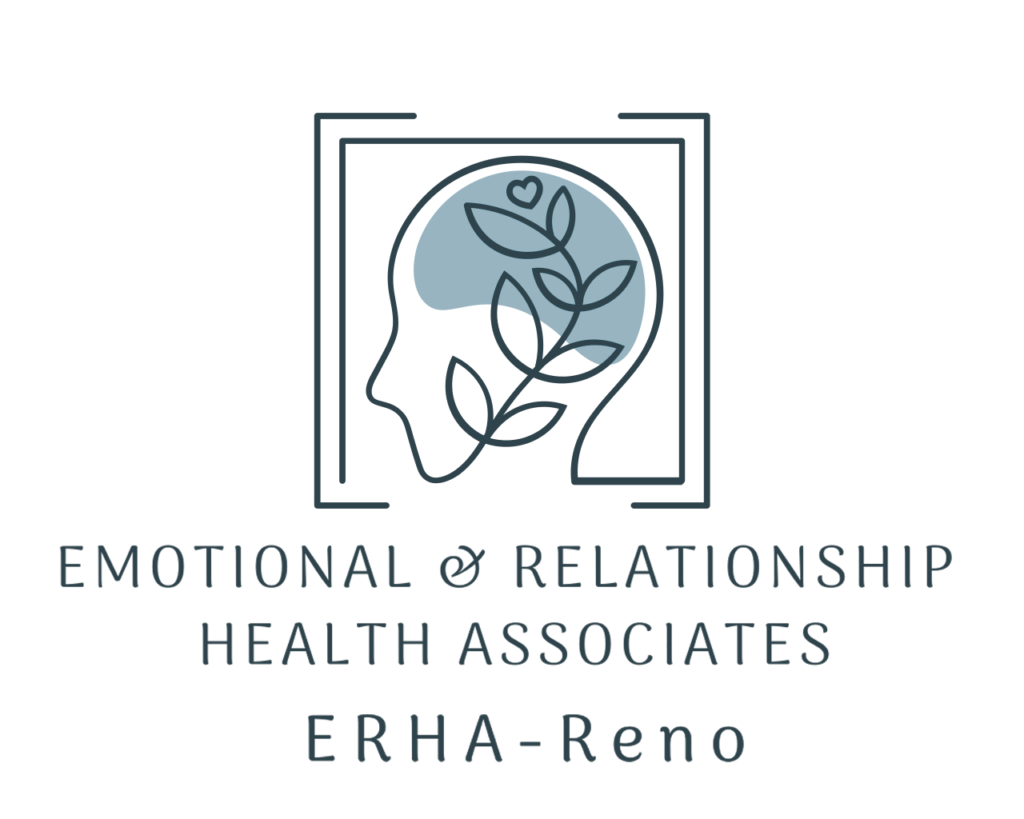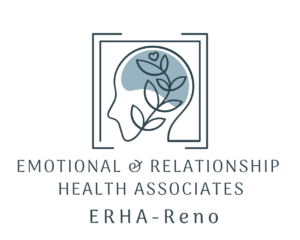Therapy for Depression and Anxiety in Reno, NV

Anxiety Overview
- Anxiety is a natural and often adaptive response to stressful situations.
- However, when anxiety becomes excessive, chronic, or interferes with daily functioning, it can be classified as an anxiety disorder.
- Primary symptoms of anxiety can be categorized into physical, emotional, and cognitive symptoms. Importantly, some of these can overlap with symptoms of medical conditions and should be addressed by a medical doctor.
Our team of therapists in Reno, trained in attachment-based approaches, understands the ins and outs of emotional connections and how they influence our feelings. In a relaxed and safe setting, we'll work together to unpack your anxiety, explore its roots, and help you find a way forward that brings relief.
Depression Overview
Depression, often referred to as major depressive disorder (MDD), is a mood disorder characterized by
- persistent feelings of sadness
- hopelessness
- a lack of interest or pleasure in previously enjoyable activities
- cognitive and physical symptoms that can impact their daily functioning
Located in Reno, our therapists trained in Emotionally Focused Individual Therapy (EFIT) understand that depression often stems from deeper emotional disconnects. With this in mind, we will work with you to explore and heal these foundational wounds. With a gentle and attuned approach, we'll help you explore your primary emotions in a way that fosters a stronger connection with yourself. Additionally, this process cultivates a more secure sense of being. Our offices are a place where you can learn to navigate your emotions with greater ease, leading to meaningful change and a lighter, more hopeful experience of life.
A note about over-reliance on Labels for Depression and Anxiety:
Therapists can unintentionally make anxiety and depression worse when they misdiagnose conditions or focus too much on labels. While accurate diagnosis is important for treatment, relying only on labels can be harmful. It leads therapists to treat the disorder, not the person struggling with it.
However, this rush to diagnose can have unintended consequences. Sometimes, therapists diagnose too quickly based only on obvious symptoms. This can lead to deeper issues or other conditions being overlooked, which also need treatment. The result is a treatment plan that may not help, and could even make the client's anxiety or depression worse.
At Emotional & Relationship Health, Counseling Associates, we take a non-pathologizing approach. What this means is our therapists always prioritize understanding the whole person. Our attachment-based therapy in Reno considers each client's unique story, experiences, strengths, and struggles. By focusing on the whole person, we create treatment plans that offer the most effective and compassionate care.
Therapy in Reno for Anxiety and Depression from an Attachment PerspectiveAttachment theory, pioneered by John Bowlby and later refined by researchers like Dr. Sue Johnson, provides a powerful framework for understanding human relationships, emotions, and behaviors. Central to this theory is the idea that humans have an innate need to form close emotional bonds with others, and disruptions or insecurities in these bonds can give rise to psychological distress, including anxiety and depression.
1. Primary Attachments and Emotional Security:
From the moment we're born, we seek comfort, safety, and security from our caregivers. These early relationships lay the groundwork for our 'attachment style' – patterns of relating to others that can be secure or insecure (avoidant, anxious, or disorganized). Notably, a secure attachment style typically results from consistent and responsive caregiving, while insecure styles may develop due to inconsistent or unresponsive caregiving.
2. Anxiety and Attachment:
Anxiety can arise when there's a perceived threat to our close relationships or when we feel uncertain about a loved one's availability or responsiveness. An individual with an anxious attachment style may frequently fear abandonment or worry about their partner's commitment, leading to feelings of anxiety. Consequently, they might become overly clingy or needy in an attempt to seek reassurance.
3. Depression and Attachment:
Feelings of loneliness, isolation, and worthlessness can emerge when our need for connection is unmet. If someone with an avoidant attachment style consistently suppresses their need for closeness to protect themselves from potential hurt, they may inadvertently also suppress joy and contentment, which can lead to depressive symptoms. Furthermore, chronic feelings of disconnection or not being valued can lead to pervasive sadness or hopelessness.
4. Healing through Attachment-Based Therapy for Depression and Anxiety in Reno:
Dr. Sue Johnson's Emotionally Focused Therapy (EFT) is based on attachment theory and has been proven effective for couples and individuals. The therapy focuses on:
- Recognizing and understanding attachment-related patterns and cycles.
- Accessing and expressing primary emotions related to attachment needs and fears.
- Creating new, positive experiences of connection to replace old, negative patterns.
5. Conclusion:
Understanding anxiety and depression from an attachment theory perspective underscores the importance of human connection in mental well-being. So, while life experiences and other factors contribute to our mental health, the quality of our relationships plays a central role. By addressing attachment wounds and fostering secure connections, we can pave the way for emotional healing and resilience.
Remember, while attachment theory provides a valuable lens through which we can view mental health, it's just one piece of the puzzle. Each individual is unique, and a holistic approach that takes into account all facets of a person's life and history is essential.
Citations:
Slade, A., & Holmes, J. (2019). Attachment and psychotherapy. Current opinion in psychology, 25, 152–156. https://doi.org/10.1016/j.copsyc.2018.06.008
Nielsen, S. K. K., Lønfeldt, N., Wolitzky-Taylor, K. B., Hageman, I., Vangkilde, S., & Daniel, S. I. F. (2017). Adult attachment style and anxiety - The mediating role of emotion regulation. Journal of affective disorders, 218, 253–259.
https://doi.org/10.1016/j.jad.2017.04.047Simpson JA, Steven Rholes W. Adult Attachment, Stress, and Romantic Relationships. Curr Opin Psychol. 2017 Feb;13:19-24. doi: 10.1016/j.copsyc.2016.04.006. PMID: 27135049; PMCID: PMC4845754.
We provide marriage counseling, relationship therapy, family therapy, couples counseling, premarital counseling, singles and couples workshops, family counseling, teen counseling, parenting guidance, help with divorce, relationship advice, as well as help with dating, love and communication.

